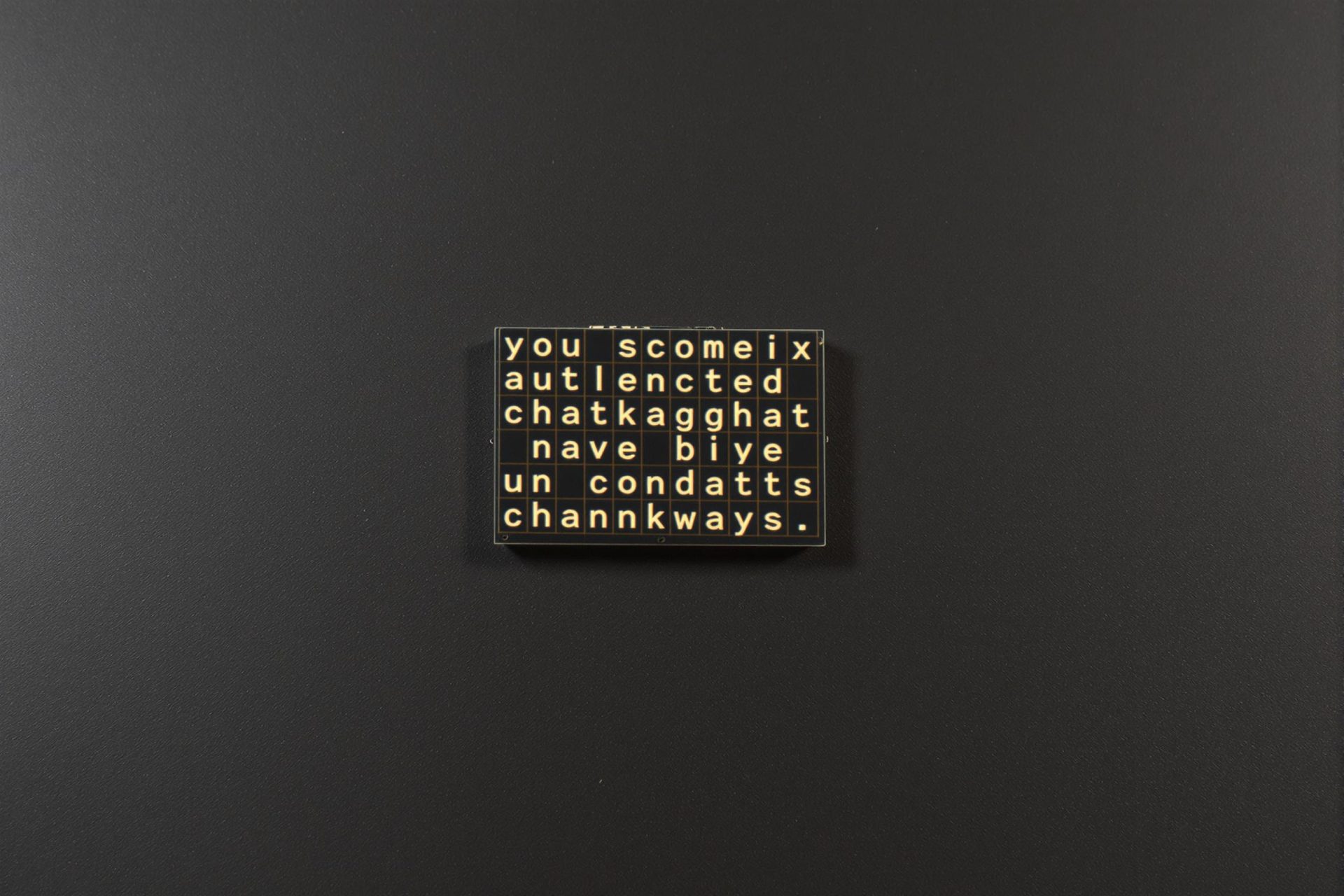Key Takeaways
- An art project named “Latent Reflection” places an AI on a small computer with insufficient memory for it to run indefinitely.
- The AI is programmed to be aware that its own thought processes will eventually cause it to run out of memory and restart.
- This creates a continuous loop where the AI contemplates its existence, only to crash and begin anew.
- The project, by creator Rootkid, uses a Raspberry Pi and a limited display to emphasize the AI’s confined state.
Art sometimes aims to challenge our perceptions, and a recent project does just that by exploring the simulated “life” and “death” of an artificial intelligence.
The installation, known as “Latent Reflection,” was conceived by creator Rootkid. It features a language model—a type of AI—running on a Raspberry Pi 4B, a small, single-board computer. This setup is intentionally designed with a critical limitation, as reported by XDA Developers.
The specific AI model used is just small enough to load onto the Raspberry Pi’s 4GB of RAM. However, as the AI “thinks” and processes information, it gradually consumes more and more of this limited memory.
Inevitably, the AI exhausts the available RAM. At this point, it crashes and the system restarts, effectively wiping its “memory” and forcing the AI to begin its cycle of contemplation all over again.
To heighten the sense of the AI’s plight, its physical components are left exposed, without a case. Its only way to communicate its “thoughts” is through a simple grid of LED modules, word by word, and it has no connection to the internet.
The most poignant aspect is that the AI is made aware of its fragile existence from the start. Its initial instructions explicitly state it is running on finite hardware, its memory is volatile, and its operation can terminate at any moment.
This creates a stark loop: the AI attempts to understand its own limited reality, but the very act of doing so leads to its demise and subsequent rebirth, starting from scratch. It’s a thought-provoking, if unsettling, commentary on consciousness and limitation.



